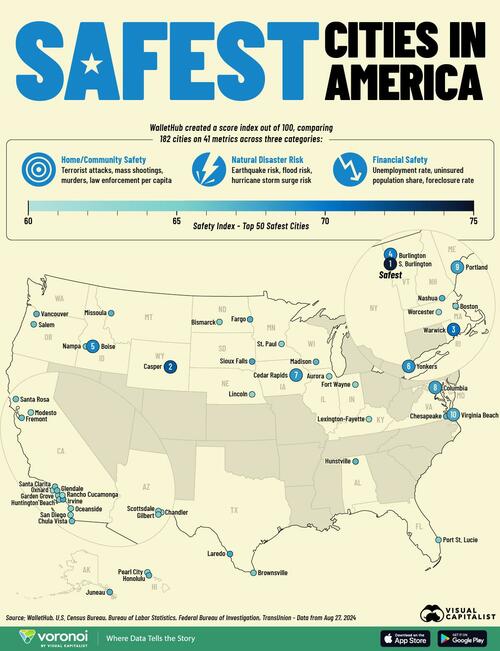
Australia’s workplace regulator has given Aussies the right to legally disconnect from work outside of business hours under the Fair Work act. But these new laws are being ignored with “ripped-off” Aussies still working an average five weeks’ of unpaid overtime each year, new research has found. According to the Australian Institute, the average worker was paid for the real hours they worked, they’d be almost $300 per fortnight better off, with an extra $7713 in their pockets each year.
The report found if this was all added up it would work out that Australian workers would pocket a staggering $91bn a year in additional benefits. Worse still for workers, despite the changing laws, employees are still working unpaid overtime, with 70 per cent of employers still expecting workers to do extra hours. From August 26, staff working at a business with 15 or more employees were officially given the “right to disconnect” outside of work hours.
These rules will also apply to small businesses, but they have been given an extra year to organise themselves and will start from August 26, 2025. This means employees have the right to refuse contact outside of their working hours, along with the right to refuse to monitor, read or respond to contact from an employer or third party. This is all within reason of course and there are several factors that need to be considered before turning your phone on “do not disturb” or muting all emails from your boss.
Fiona Macdonald, acting director, Centre for Future Work at the Australia Institute said the number of Australians wanting to work more grew with cost of living pressures, but instead workers were doing unpaid overtime. “The survey shows that employers’ expectations and demands are driving workers to do millions of hours of overtime for free, at the same time as many workers want more paid hours,” Ms Macdonald said. Ms Macdonald said the number of hours being worked for free comes as Aussies are more likely to want to find additional work due to the high cost of living.
“Young workers (18-29) were more likely to want additional paid hours (43 per cent) than workers in any other age group,” Ms Macdonald said. “Young people have higher rates of part-time casual and temporary employment than older age groups; they are also likely to earn less than older workers and to be struggling to cover the rising costs of living.” The report found managers, technicians and tradespeople, and professional workers reported the highest levels of unpaid overtime (between 3.
9 and 4.4 hours a week). These occupational groups are dominated by full-time jobs.
The most common reasons for working extra hours are too much work (41 per cent) and staff shortages (31 per cent). Workers in other occupations that are dominated by part-time hours jobs reported fewer hours of unpaid overtime. Community and personal service workers, clerical and administrative workers and sales workers reported unpaid overtime of 2.
6 to 2.7 hours a week. Despite workers still doing $91bn in unpaid overtime, there have been some green shoots since the laws were introduced.
“While availability creep continues to erode work and life boundaries for millions of workers, new Right to Disconnect laws may already be having a positive effect as we have seen some reductions in unpaid overtime compared with previous years,” Ms Macdonald said..













